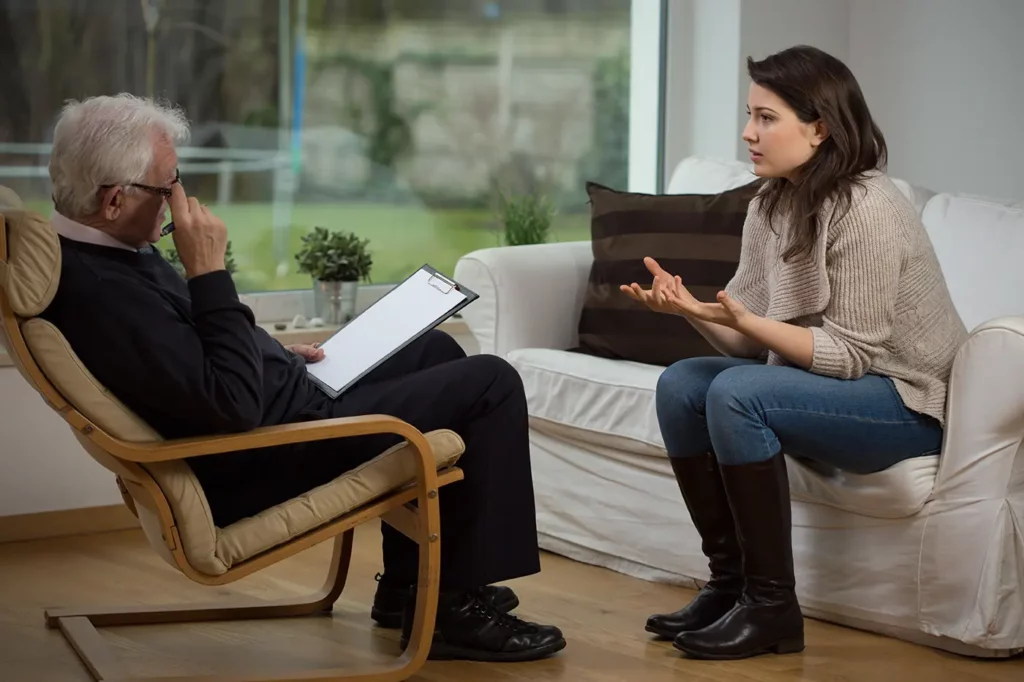24/7 Helpline:
(866) 899-221924/7 Helpline:
(866) 899-2219
Learn more about Individual Therapy centers in Person County
Individual Therapy in Other Counties

Other Insurance Options

Humana

CareSource

MVP Healthcare

Regence

Evernorth

BHS | Behavioral Health Systems

MHNNet Behavioral Health

Sliding scale payment assistance

Health Partners

CareFirst

Magellan Health

Medical Mutual of Ohio

Sutter

Magellan

Providence
Beacon

AllWell

GEHA

Optima

Kaiser Permanente

Freedom House Recovery Center
Freedom House Recovery Center - South Madison Boulevard offers outpatient treatment for individuals ...




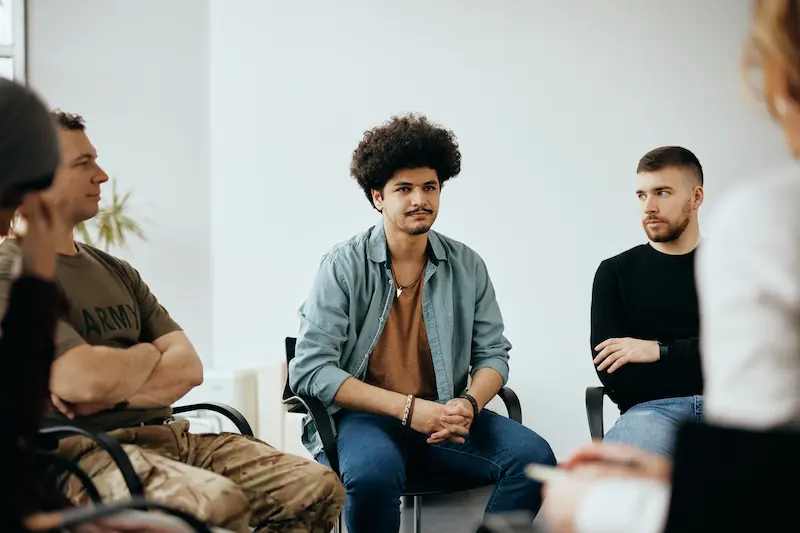

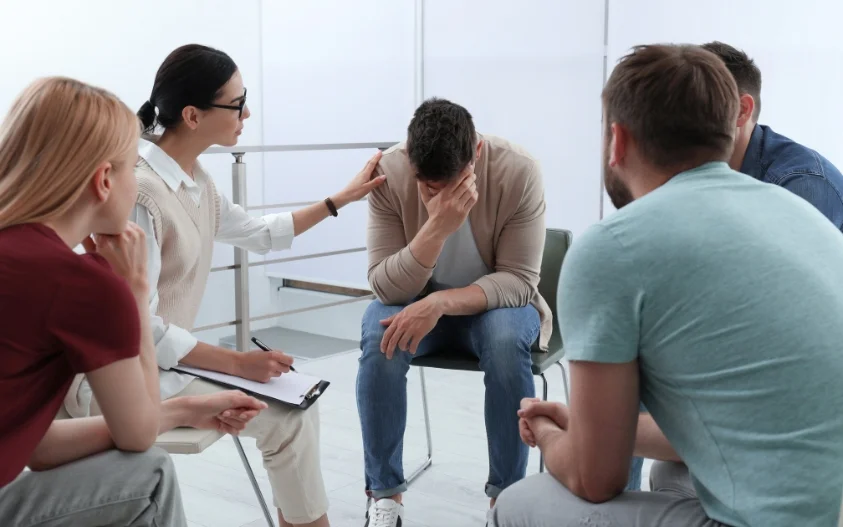





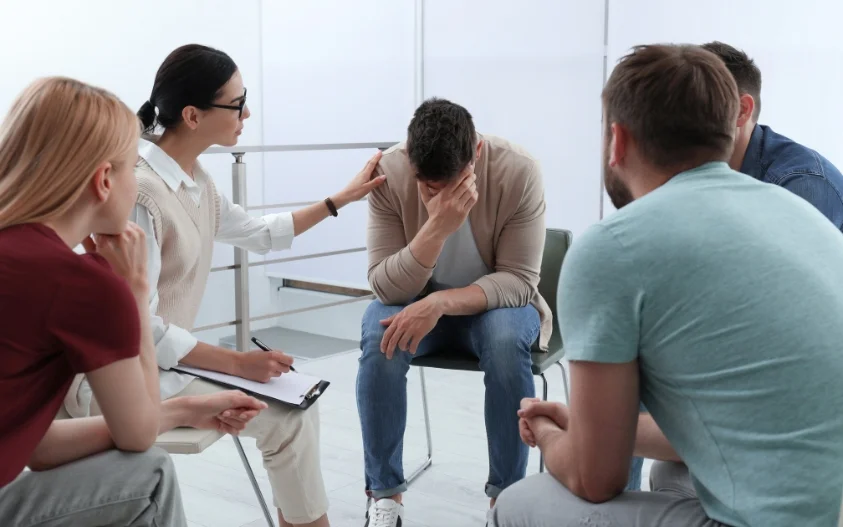
















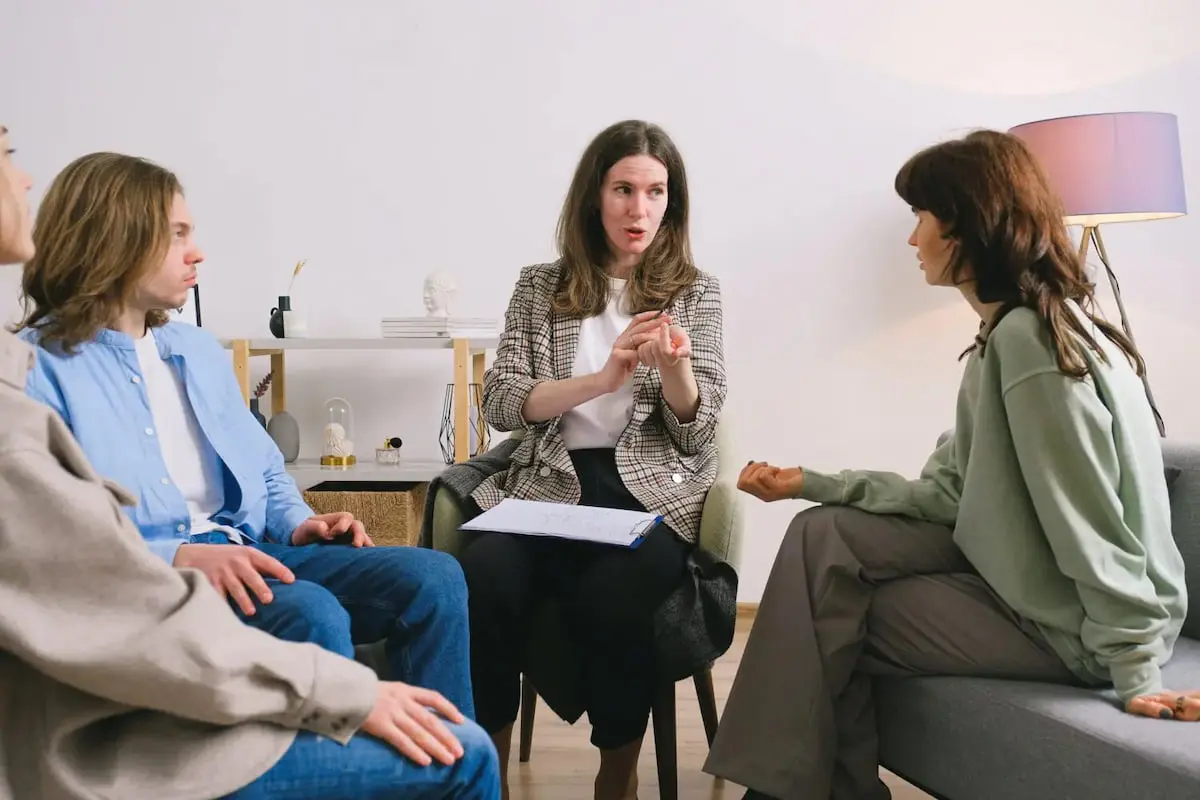




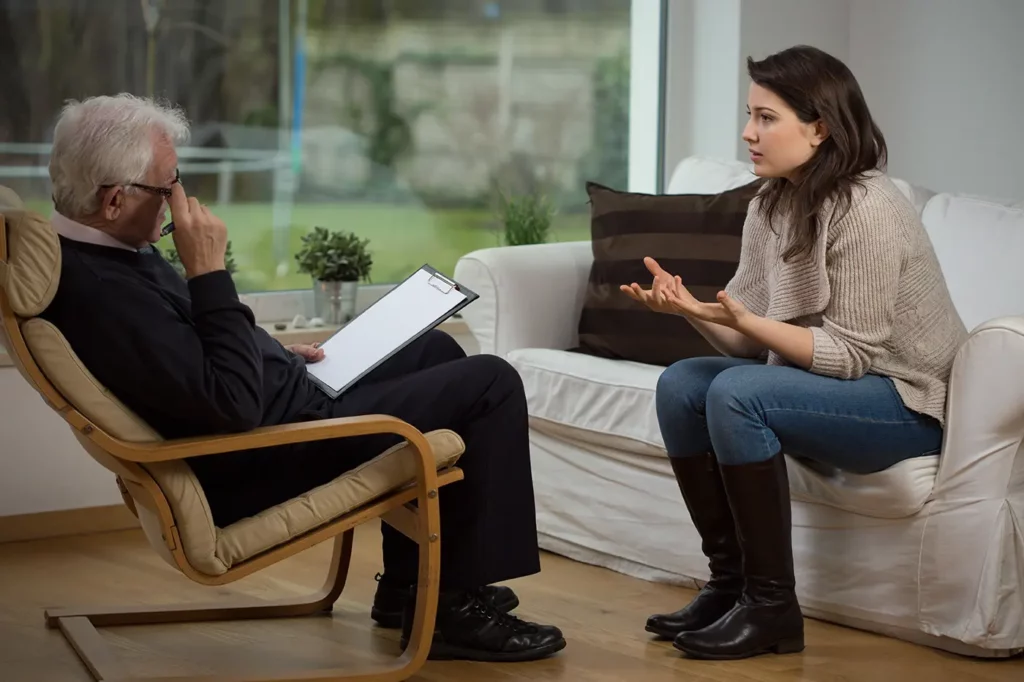





Life Changes
Life Changes offers a variety of programs including EAP Services, DWI Assessments & Treatment, and S...




















